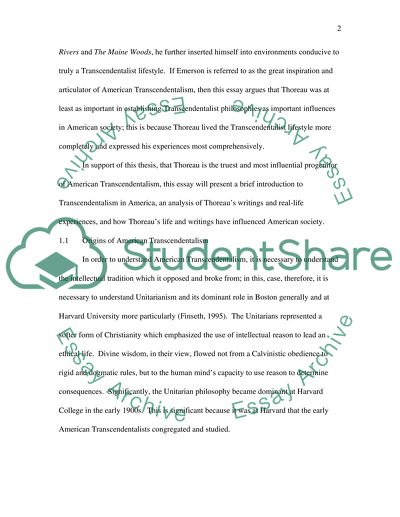Cite this document
(“Transcendentalism: Literary Origins in America and Influence Essay”, n.d.)
Retrieved from https://studentshare.org/literature/1530901-american-literature-essay
Retrieved from https://studentshare.org/literature/1530901-american-literature-essay
(Transcendentalism: Literary Origins in America and Influence Essay)
https://studentshare.org/literature/1530901-american-literature-essay.
https://studentshare.org/literature/1530901-american-literature-essay.
“Transcendentalism: Literary Origins in America and Influence Essay”, n.d. https://studentshare.org/literature/1530901-american-literature-essay.


